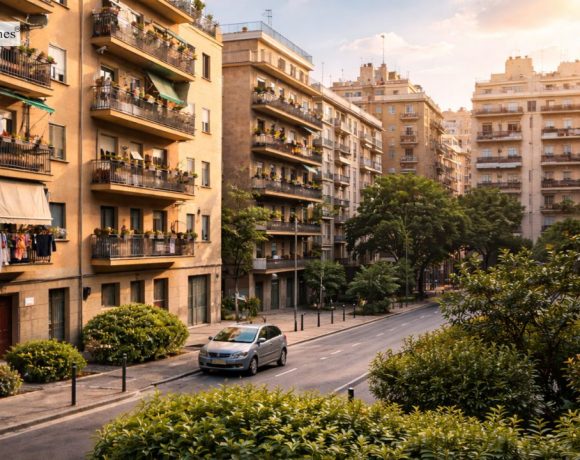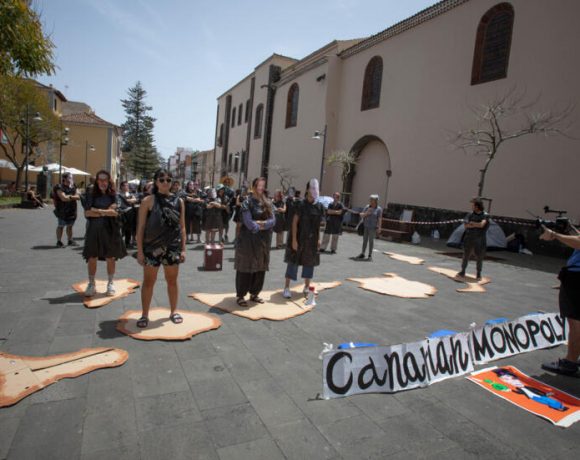
Spain’s government will introduce tougher rental rules in the coming weeks, including caps on room rents and stricter limits on seasonal leases, as it tries to rein in soaring housing costs. Prime Minister Pedro Sánchez said the new decree will deepen state intervention in the rental market, which has come under strain from a severe housing shortage and a booming tourism sector.
The plan includes a 100% income tax rebate for landlords who renew leases without increasing rents, alongside rent controls in areas classified as under heavy pressure. It will also limit the total rent charged for individual rooms so it cannot exceed the price of renting a whole apartment, a move aimed at stopping landlords from inflating prices through shared housing.
Seasonal rental contracts will face tighter conditions and penalties if they are used to replace long-term leases, a practice critics say worsens housing insecurity. While regions will be responsible for enforcing most of the measures, some, such as Catalonia and major cities like Madrid, have already begun imposing similar limits as Spain grapples with a housing deficit estimated at about half a million homes.
Pic courtesy: google/ images are subject to copyright


